Article not found
This article is no longer available. But don't worry—we've gathered other articles that discuss the same topic.
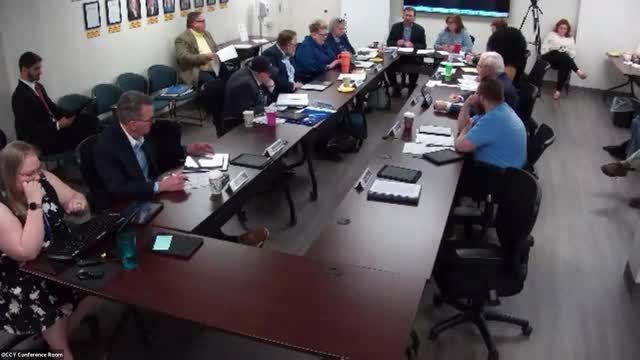
Commission creates oversight committee to review Office of Juvenile Systems Oversight quality and procedures
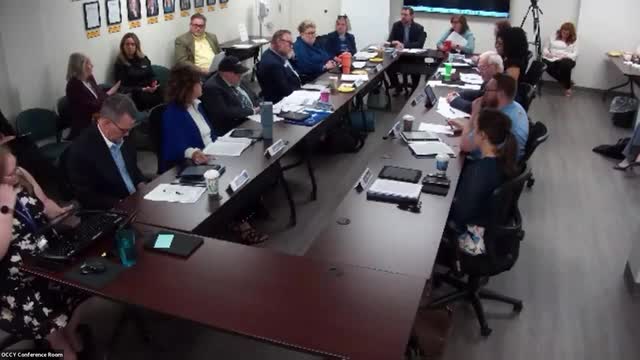
Commission authorizes chair to negotiate up to 5% salary increase for executive director, subject to FY26 funding
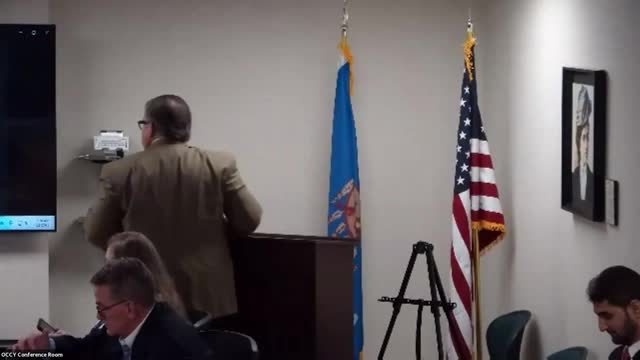
Commission approves two provisional juvenile-competency evaluators amid rising referrals
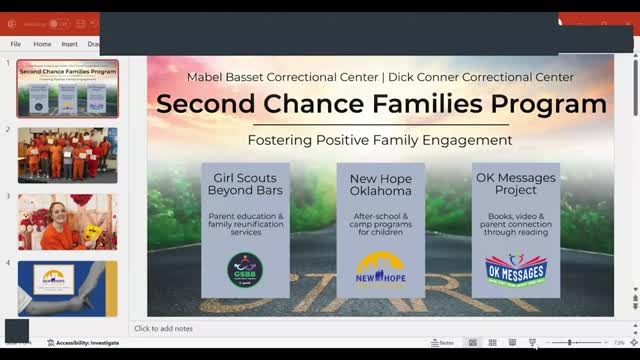
State-funded Second Chance Families program connects incarcerated parents and children through recidivism-prevention services
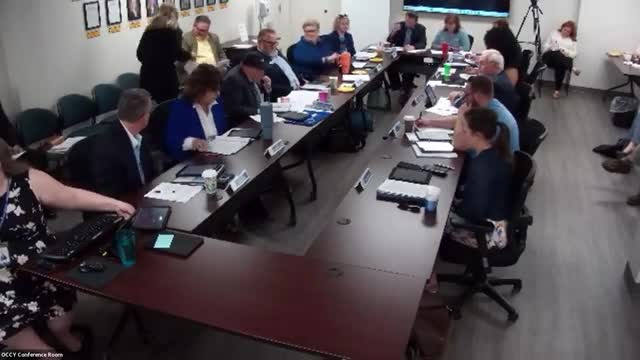
Experts tell commission Senate Bill 364 would prohibit corporal punishment for students with disabilities under IDEA
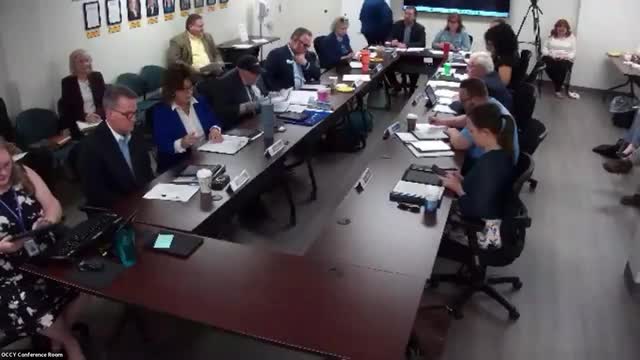
Commission hears debate on House Bill 2030 to raise foster care daily stipend; no commission position recorded
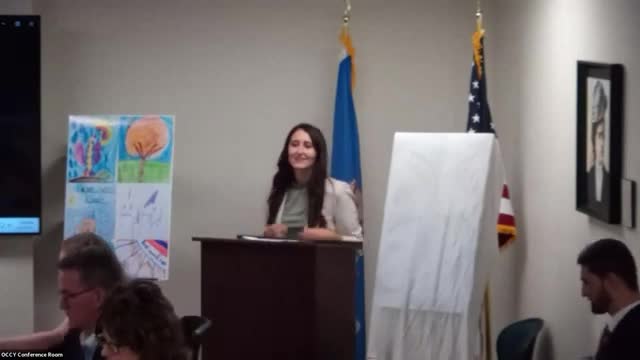
Parent Partnership board member urges uniform practices to address disparities in child-welfare outcomes

